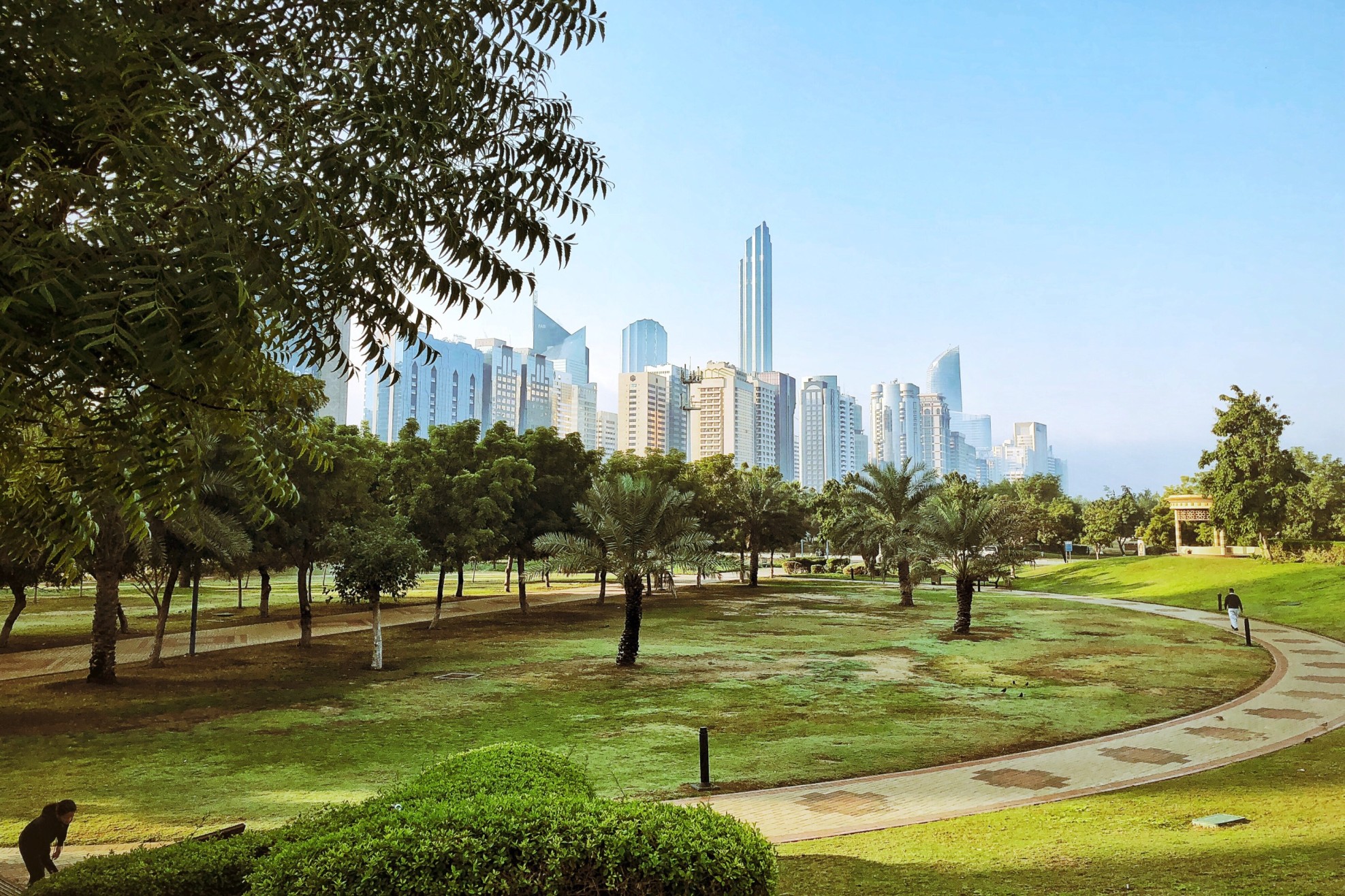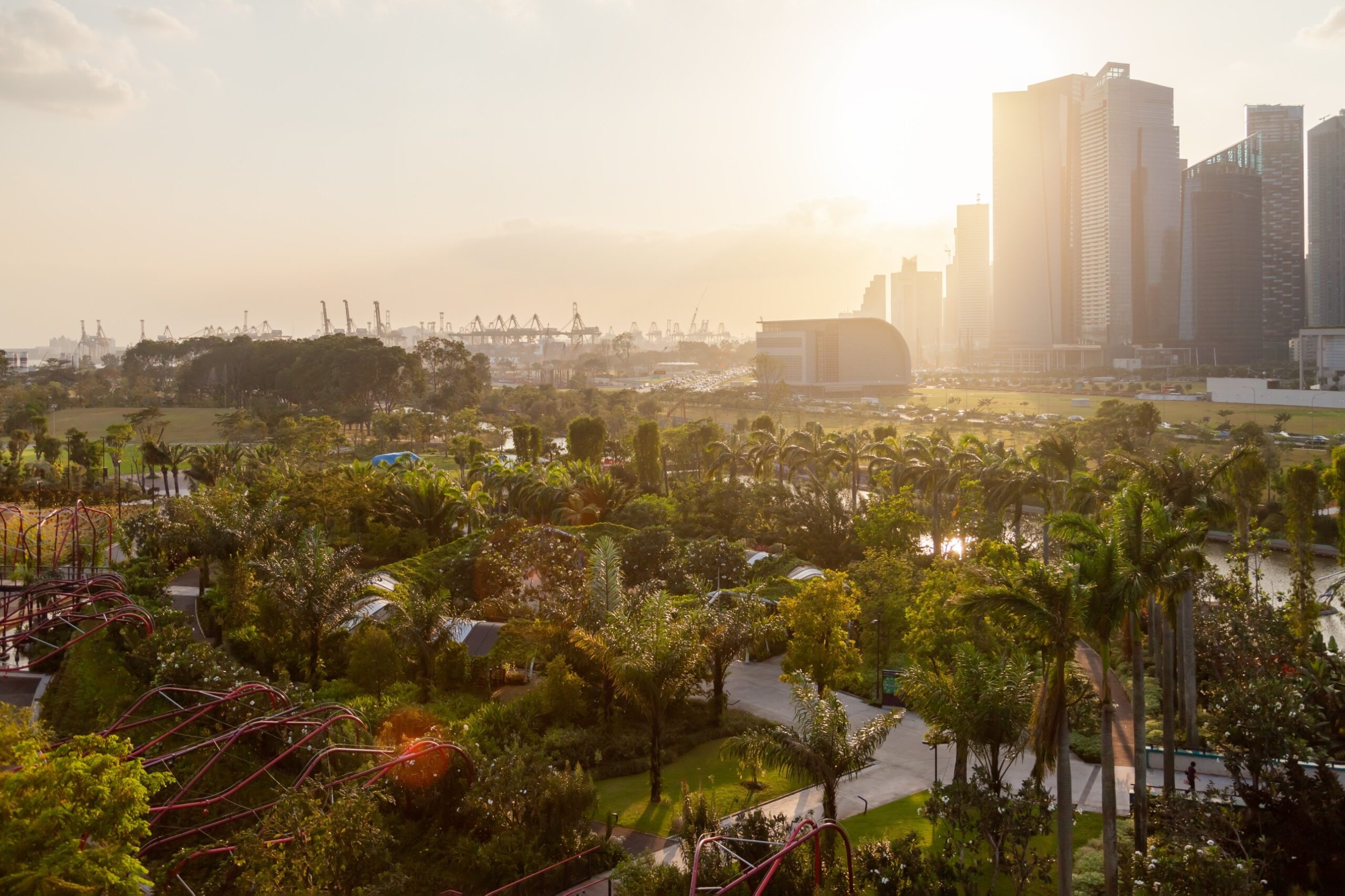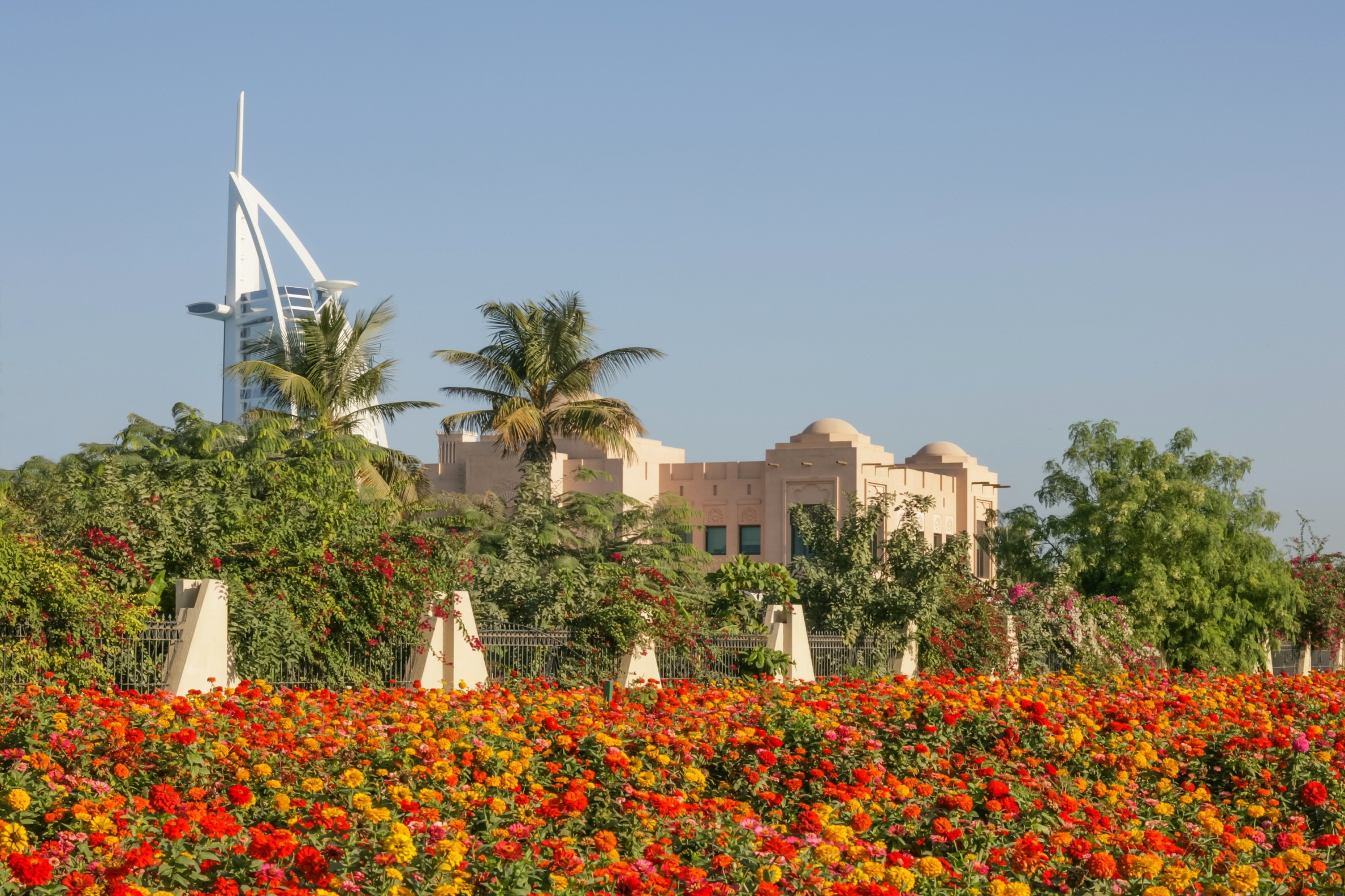
Dubai, a city famous for its tall skyscrapers and architectural wonders, is increasingly recognizing the significance of green spaces in urban planning. Landscape architecture is essential to changing the cityscape and bringing nature into the center of this busy metropolis.
As Dubai grows and changes, the creation of environmentally friendly, aesthetically beautiful, and useful green spaces has emerged as a top concern for urban planners and designers.
Urban green spaces serve multiple purposes in a rapidly expanding city like Dubai. They offer residents and tourists similar places to relax, exercise, and commune with nature. They also provide a much-needed respite from the scorching desert heat and habitat for native plants and animals.
Landscape architects in Dubai face unique challenges due to the harsh climate and limited water resources. However, creative design solutions and sustainable practices have made the development of lush, colorful green spaces that flourish in the desert environment possible.

Dubai’s landscape architects are employing innovative design techniques to create green spaces that are beautiful and sustainable. One popular approach is the use of native and drought-resistant plants.
Species such as Ghaf trees, date palms, and desert succulents are incorporated into designs, creating landscapes that are well-adapted to the local climate and require minimal irrigation.
Vertical gardens and green walls have gained popularity in recent years, allowing for the integration of greenery in areas with limited horizontal space. These living walls not only add visual interest to buildings but also help to cool the surrounding air and improve air quality.
Water features are carefully designed to minimize evaporation while still providing the cooling and aesthetic benefits of water in the landscape. Innovative irrigation systems, such as subterranean drip irrigation, deliver water directly to plant roots, reducing water loss through evaporation.
Sustainability is at the forefront of landscape architecture in Dubai. Given the scarcity of freshwater resources in the region, water conservation is a top priority.
Advanced water management systems are implemented to collect and recycle greywater and stormwater for irrigation purposes. Some projects even incorporate atmospheric water generators, which extract moisture from the air to supplement water supplies.
Soil management is another crucial aspect of sustainable landscaping in Dubai. Given the sandy nature of the local soil, landscape architects work to improve soil quality by adding organic matter and using soil conditioners.

Dubai’s commitment to creating urban green spaces is evident in several notable projects throughout the city. The Dubai Miracle Garden, for example, is a testament to what can be achieved through innovative landscape design.
Millions of flowers are arranged in breathtaking displays across more than 72,000 square meters, all of which are maintained by recycled wastewater.
As Dubai continues to evolve, landscape architecture is set to play an even more significant role in shaping the city’s future.
With parks and gardens planned for everything from urban agriculture to recreation and education, the trend toward multipurpose green spaces is probably here to stay.